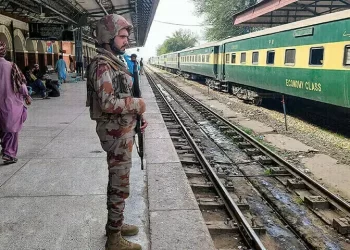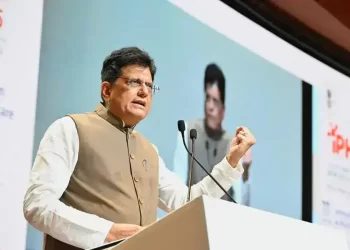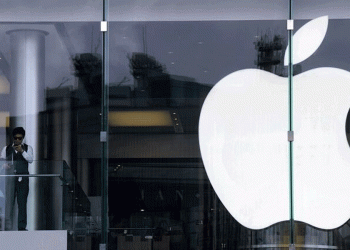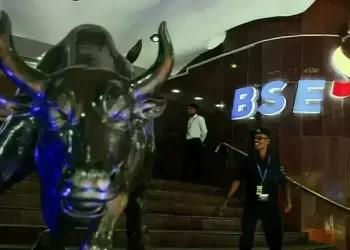As Moscow shelters Syria’s longtime leader, analysts say Russia’s Middle East ambitions are likely to continue.
After overseeing 13 years of the devastation that has come to define Syria’s civil war, the country’s former president, Bashar al-Assad, has fled Damascus for Moscow.
“Following his talks with a number of participants in the armed conflict in the Syrian Arab Republic, Bashar al-Assad decided to step down as the Syrian President and leave the country, instructing the government to transfer power peacefully,” the Russian Ministry of Foreign Affairs said on Sunday.
The communication continued, clarifying that, while Russia was playing no part in the negotiations, it remained “in contact with all factions of the Syrian opposition”.
Russia’s official use of the word “opposition” to describe groups now in control of Damascus marks a shift. Just last week, Russia’s Foreign Minister Sergey Lavrov adamantly referred to the groups as “terrorists” in an interview with media.
Russia proved a critical ally of the al-Assad regime after entering the conflict in 2015.
From providing diplomatic cover at the United Nations to deploying its extensive airpower in defence of the regime, analysts widely credit Russia with having maintained al-Assad’s rule.
“Both bases are important to Russia,” said Mark Galeotti, head of Mayak Intelligence, a United Kingdom-based research and consultancy company concentrating on Russia, and author of several books on Putin and Russia.
Despite Moscow’s commitment to its operation in Ukraine, its concerns within Libya, Sudan, and across Central Africa are all largely dependent on its bases in Latakia.
“Turkiye does not allow warships to transit through the Bosphorus,” Galeotti continued, “meaning that, without the Russian base at Tartous, the only way of projecting naval power into the Mediterranean is through the Baltic, which is hardly ideal,” he said.
Houseguests
“Likewise, without the airbase at Hmeimim , providing air support to operations in Africa would also depend upon Turkey’s goodwill, which is something unlikely to sit well with the Kremlin,” he said.
For now, at least, the integrity of both bases and their personnel appears to have been secured, a source within the Kremlin told the Russian news agency Interfax.
Al-Assad’s flight to Moscow sees the Syrian leader join other notable figures who have fled to the Russian capital.
The late Yugoslav leader Slobodan Milosovic had lived under Russia’s shelter. Various Georgian officials wanted on criminal charges in Tbilisi for acts committed before the Rose Revolution of 2003 also fled to Russia, as well as American whistleblower Edward Snowden.
However, Alexey Muravyev of Australia’s Curtin University cautioned that while al-Assad may have lost any practical worth for the Kremlin, symbolism still has value.
“I think it’s more about symbolism, of how Putin effectively reacts to those who are personally loyal to him,” he told media. “And clearly, Assad was demonstrating personal loyalty to Putin over many years, including supporting Russia’s invasion of Ukraine.
“So this is a signal to other Russia’s clients and friends in the region, in the Gulf region, in the broader Middle East, as well as in Africa, in Asia,” he said, “that as long as you remain loyal, we’re not going to abandon you. We’re not going to do what Americans do in some places. We will look after you post-factum.”
Al-Assad’s toppling did not witness the kind of bloodshed Syria saw since an attempted revolution in 2011 that triggered a civil war.
“We know that Russia was in talks with Iran and Turkiye in Doha last week,” Galeotti said, of the meeting on the sidelines of the Doha Forum in Qatar between two of the regime’s principal allies and its opponents in Ankara.
“It may be that an exit was agreed for Assad that would avoid the kind of brutal last stand in Damascus that would occur if Assad had no escape,” he said.
“For HTS, too, while Iran will always be an opponent, it might make sense to open a new dialogue with Moscow,” he said, referring to Hayat Tahrir al-Sham, the powerful opposition force in Syria that the United Nations, Russia, Turkiye, the United States and the European Union consider a terrorist organisation.









